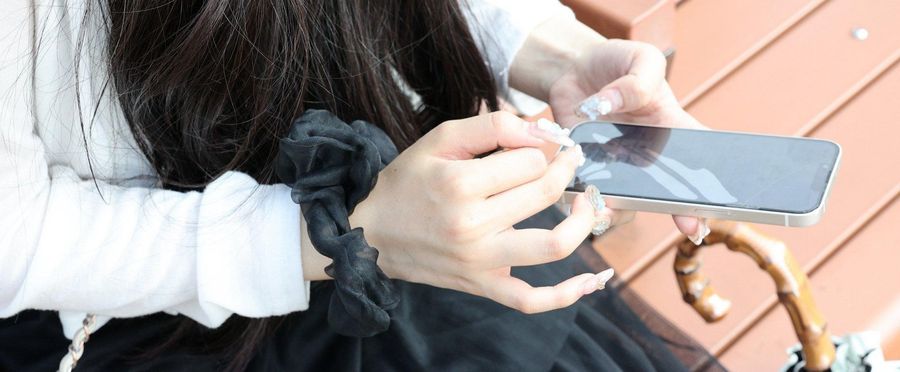The article focuses on the increasing number of Japanese women finding bathing to be a hassle, despite despising filth. This shift in attitudes towards cleanliness and comfort has spurred numerous discussions and studies on its potential societal implications. Various factors such as hectic work schedules, technological advancements, and changing lifestyle patterns are being considered as potential reasons behind this trend.
In Japan, daily bathing is not just personal hygiene, but a spiritual, therapeutic ritual deeply ingrained in the culture. These changes in attitudes, therefore, have received extensive attention from public health experts, psychologists, and sociologists alike. The ongoing dialogue has been centered on understanding and adjusting to these trends, especially their potential impact on health practices and cultural norms.
In contrast to Japan, where bathing is a daily ritual, in the U.S., showering frequency varies widely among individuals, influenced by personal choice, a variety of cultural norms, and lifestyle factors. In the EU, member countries also display a wide variety of bathing habits, reflecting diverse cultural norms and views on personal hygiene.

